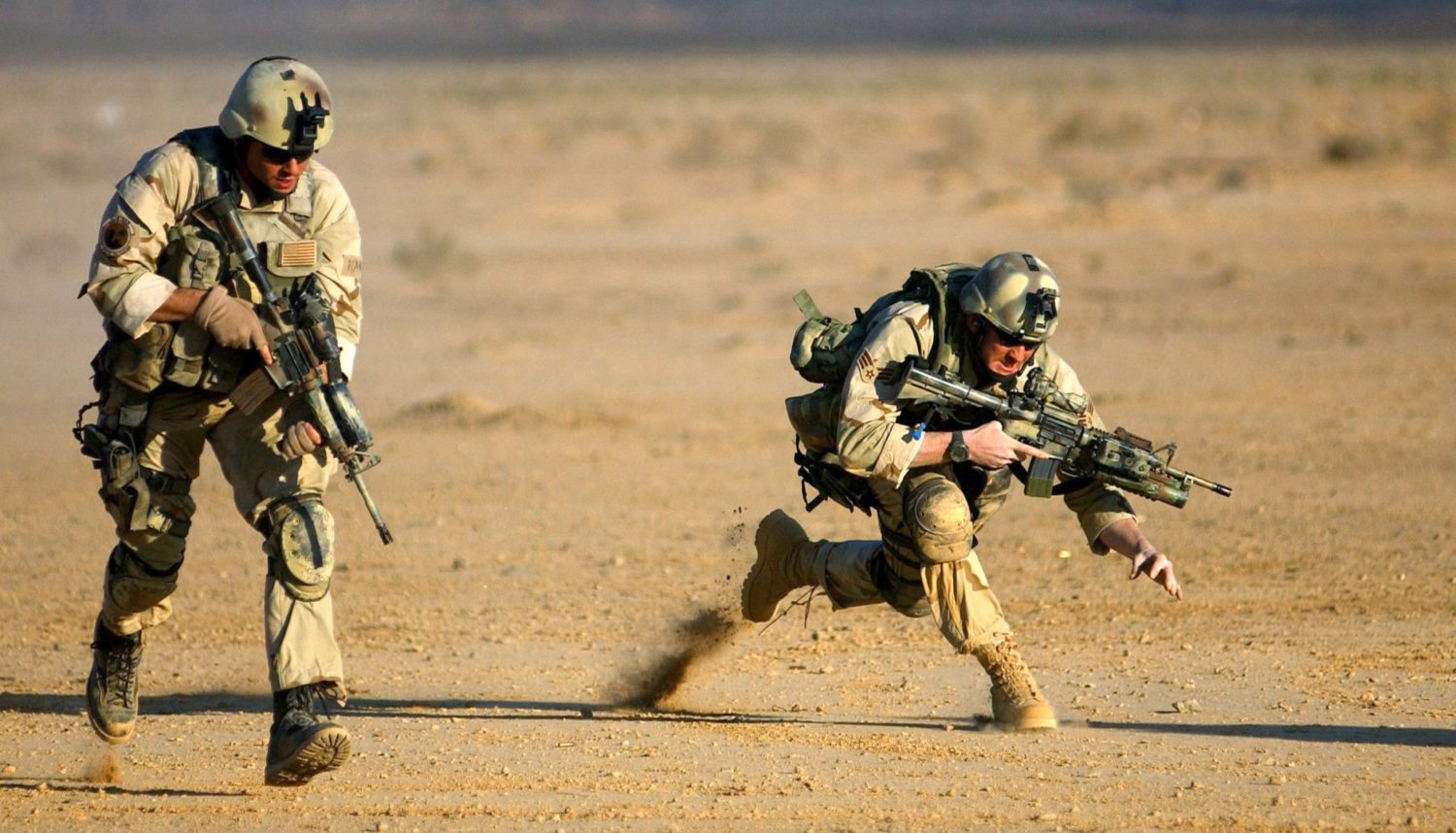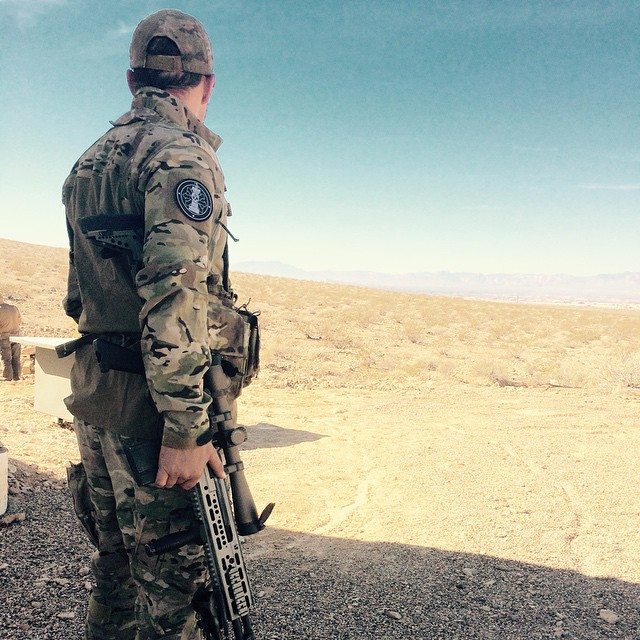Everyone likely knows what an adrenaline rush feels like; car accident, almost car accident, almost in a fistfight, etc.
In combat we may not even know we are running on adrenaline until we stop fighting; then comes the overwhelming feeling of euphoria – survivor euphoria. In this case you must get your heart rate back down to normal quickly. Tactical breathing; breathe in, breathe out, etc. Over and over until you have lowered your heart rate.
If you are currently serving in the military or law enforcement, this is good information to know.
Today I will talk about adrenaline:
HEART BEAT (ADRENALINE).
The following are crude figures; for different people they can vary significantly.
The normal human being’s resting heart rate is 60 – 80 Beats Per Minute (BPM).
At 115 BPM you start having vessel constriction. Your arteries open and you will begin to hyperventilate. It has other affects:
Burst of strength – Adrenaline.
This is like when you don’t realize you are hurt until you see blood, etc.
Once you relax the veins will open back up and you have vassal dilation – the opposite affect.
You also start to lose motor control. It’s like on a cold day when you lose the manual dexterity in your hands and fingers – loss of fine motor skills.
****This is the optimum fighting heart rate****
At 145 BPM your complex motor skills begin to deteriorate. You will have difficulty loading a magazine, conducting immediate/remedial action drills, etc.
After 175 BPM the only thing that works well is your gross motor skills – running, etc. The forebrain shuts down – the mind of a human.
The midbrain is thought of as the 4F’s – fight, flight, feeding and mating. (Animal instincts)
Loss of peripheral vision. (Able to focus on only one thing)
Loss of depth perception. (Range to threat)
You can lose near vision. You may not be able to focus on your sights in combat.
Your eyes begin to take a different shape. (Trouble focusing)
In a firefight a warrior can have sustained heart rate can be as high as 200 beats per minute; sometimes even as high as 300 beats per minute.
Hard, intense, realistic training that raises warriors’ heart rates are recommended. Warriors can be trained to fight through the affect(s) of adrenaline. Intense training also allows the warriors to experience and get used to stress, which in turn may lower their heartbeat in a fight. No Man is afraid of what he is good at.
Remember, Breathe, Breathe, Breathe…………… and then make your friends breathe…….just breathe
SF DKD
Pain Shared is Pain Divide (D. Grossman)



[…] As in combat the body generates adrenaline. That keeps you from feeling pain by raising your heartbeat from the normal range of 60 to 80 beats per minute to around 115 BMPs. When that happens your blood vessels constrict giving you a burst of strength but also a lessening of physical awareness. […]